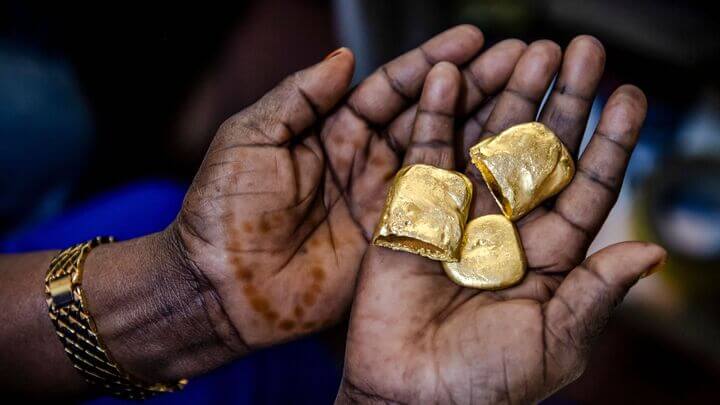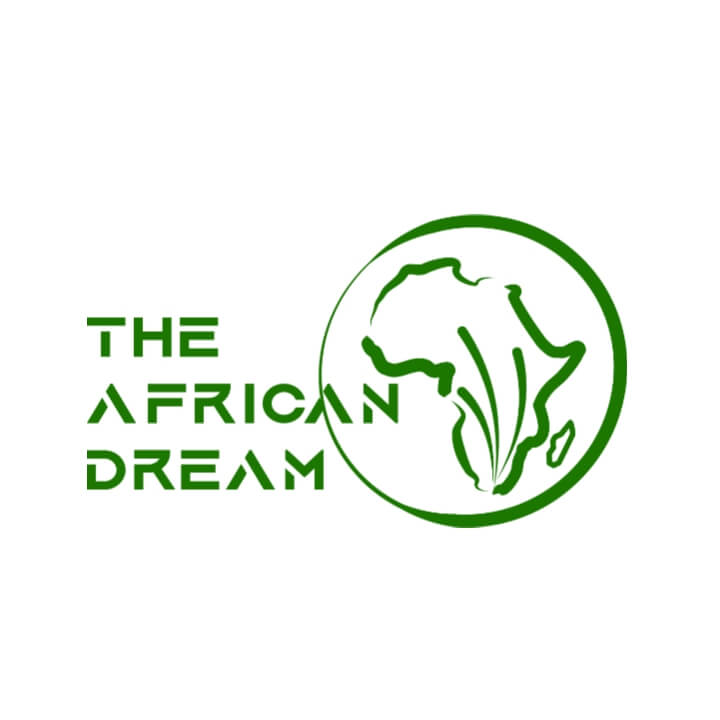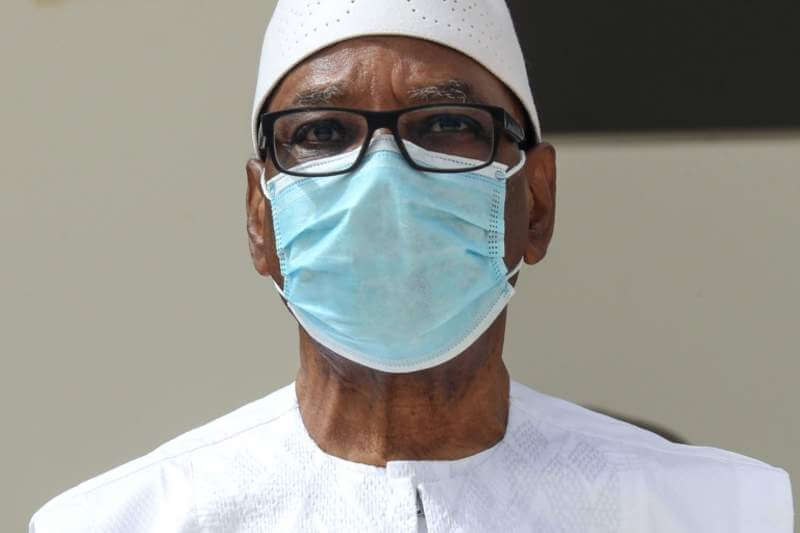
Africa has some of the greatest gold reserves in the world; some of the countries on the continent are home to more than 100 metric tonnes of the valuable substance.
These enormous deposits present the continent with enormous potential for economic development as well as tremendous wealth. Gold is a priceless asset that may draw in foreign investment, stable a nation’s currency, generate foreign exchange reserves, and reduce reliance on external borrowing. Below is a list of Africa’s largest gold producing countries according to Business Insider:
10. The Democratic Republic of the Congo
The Democratic Republic of Congo (DRC), although confronting obstacles including conflict and illicit mining, is a significant producer of gold, recognized for its vast mineral riches, which includes diamonds and copper.
Its mineral-rich eastern regions are home to both large-scale industrial miners and small-scale artisanal enterprises.
9. Zimbabwe
The nation of Zimbabwe, with its vast gold reserves, has been mining gold since pre-colonial times, and its economy is largely dependent on this industry. By introducing Zimbabwe Gold (ZiG), a currency backed by gold, the country hopes to increase its gold production by 2024.
8. Cote d Ivoire
Due to the construction of new mines, Ivory Coast’s gold output hit a record high in 2023 and is predicted to rise further. Ivory Coast, the world’s top producer of cocoa, is trying to expand its previously underdeveloped mining industry in order to diversify its sources of income.
7. Tanzania
Almost 4% of Tanzania’s GDP coming from the gold mining sector, the sector is essential to the country’s economy. Major gold operations are located throughout the nation, notably Africa’s largest gold mine, the well-known Geita Gold Mine.
6. Guinea
The economy of Guinea is heavily dependent on the gold mining industry, with the Siguiri region producing a large amount of the nation’s output.
5. Sudan
Gold is the primary commodity driving the mining industry in Sudan, which accounts for 4% of the country’s GDP even though the majority of its mineral reserves are still undeveloped.
4. Burkina Faso
The mining industry contributes 14.3% of Burkina Faso’s governmental revenue, according to the Extractive Industries Transparency Initiative (EITI). But from 66.8 tonnes in 2021 to 57.6 tonnes in 2022—a drop of 13.7%—the nation’s gold production decreased.
The first gold refinery in Burkina Faso will be built in 2023 as a reaction by the junta-led government, with a daily production capacity of about 400 kg (880 pounds).
3. South Africa
Currently, South Africa produces barely 4.2% of the world’s gold, compared to 40% in 1975. Despite this downturn, the nation’s late 19th-century gold mining industry was vital to the growth of Johannesburg, which is today referred to as eGoli, the “City of Gold.”
2. Mali
An estimated 800 tonnes of gold reserves, two million tonnes of iron ore, five thousand tonnes of uranium, 20 million tonnes of manganese, four million tonnes of lithium, and ten million tonnes of limestone are found in Mali. Gold is the country’s most important export, accounting for over 80% of total exports in 2023, according to the Ministry of Mines.
1. Ghana
Africa’s top producer of gold is Ghana. The nation, also referred to as the “Gold Coast,” has been mining gold since the 15th century, and over 40% of its entire export revenue comes from this sector today.
Written by Precious Adams

This article is published by either a staff writer, an intern, or an editor of TheAfricanDream.net, based on editorial discretion.





